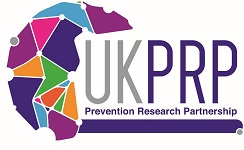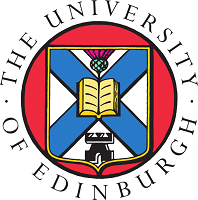Glossary: N to P
Natural capital: The elements of nature that directly or indirectly produce value to people, including ecosystems, species, freshwater, land, minerals, the air and oceans, as well as natural processes and functions/ecosystem services.
Natural experiment: an empirical study in which individuals (or clusters of individuals) are exposed to the experimental and control conditions that are determined by nature or by other factors outside the control of the investigators.
Nature-based solutions: Actions that are inspired or supported by natural processes, which simultaneously provide environmental, social and economic benefits. Such solutions are designed to bring natural features and processes to cities, landscapes and seascapes. They are often cost-effective approaches. Examples include re-wetting boglands, planting native trees and hedgerows.
Necessary cause: A casual factor without which the effect cannot occur. For example, the lung condition mesothelioma would not occur without the inhalation of asbestos; asbestos is therefore a necessary cause of mesothelioma.
Needs assessment: A method to understanding the needs of the population and the type and distribution of health and care services that will bring the greatest benefit.
Non-communicable disease (NCD): A disease that is not transmissible directly from one person to another. NCDs include Parkinson’s disease, autoimmune diseases, strokes, most heart diseases, most cancers, diabetes, chronic kidney disease, osteoarthritis, osteoporosis, Alzheimer’s disease, cataracts, and others.
Non-modifiable factor: A risk factor that is not amenable to change. Examples include age and ethnicity.
Operationalisation: The practical specification of activities employed to activate your underpinning theories of change.
Pilot study: A version of the main study that is run on a small scale to test whether the components of the main study can all work together.
Policy-makers: a broad term that covers all the people responsible for formulating or amending policy. This can include Ministers, civil servants, MPs, Lords, and advisory staff.
Population health: an approach that aims to improve the health of the entire population and tackle health inequalities between different groups in society. Rather than focusing on individuals, population health addresses a broad range of factors that affect the health of entire populations, such as environment, social structure, and the distribution of resources.
Prevalence: The total number of cases of a condition (e.g disease or disability) in a population. The prevalence rate refers to the total number of cases divided by the subject population.
Programme theory: Theory describing how an intervention is expected to trigger a chain of outcomes through specified activities. Consists of a theory of change and theory of action.
Propensity score matching: An analysis technique whereby you use the observable matching factors within a statistical logistic regression model to find people who have similar propensity to be exposed to the potential cause, but only give one of them the potential cause or only one of them actually was exposed. The use of the propensity scores is intended to account for observed and unobservable factors in the matching, but this does not always seem to work.
Proximal risk factor: A risk factor that is closer to level of the individual and is therefore more immediately amenable to change (e.g. attitudes and beliefs).




